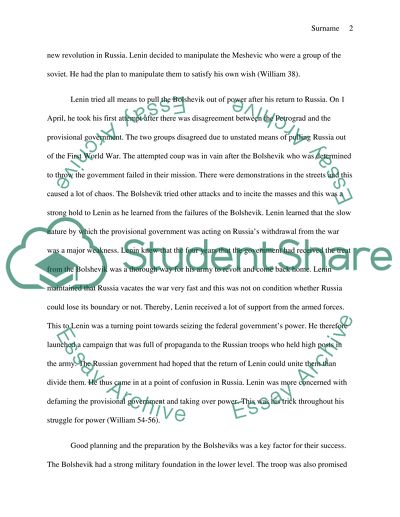Cite this document
(“Lenin and the Bolsheviks Assignment Example | Topics and Well Written Essays - 1750 words”, n.d.)
Lenin and the Bolsheviks Assignment Example | Topics and Well Written Essays - 1750 words. Retrieved from https://studentshare.org/history/1436669-lenin-and-the-bolsheviks
Lenin and the Bolsheviks Assignment Example | Topics and Well Written Essays - 1750 words. Retrieved from https://studentshare.org/history/1436669-lenin-and-the-bolsheviks
(Lenin and the Bolsheviks Assignment Example | Topics and Well Written Essays - 1750 Words)
Lenin and the Bolsheviks Assignment Example | Topics and Well Written Essays - 1750 Words. https://studentshare.org/history/1436669-lenin-and-the-bolsheviks.
Lenin and the Bolsheviks Assignment Example | Topics and Well Written Essays - 1750 Words. https://studentshare.org/history/1436669-lenin-and-the-bolsheviks.
“Lenin and the Bolsheviks Assignment Example | Topics and Well Written Essays - 1750 Words”, n.d. https://studentshare.org/history/1436669-lenin-and-the-bolsheviks.


